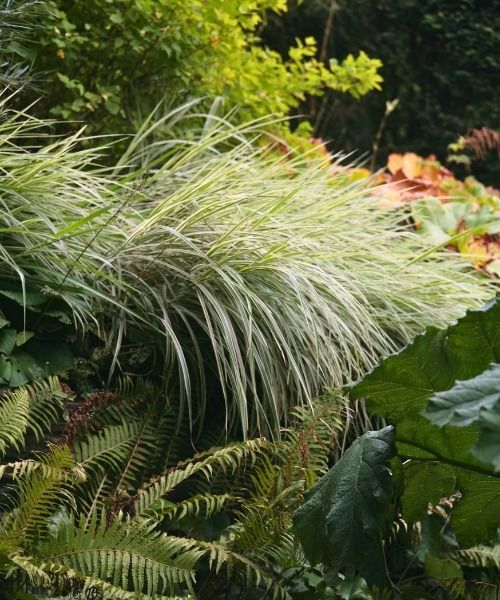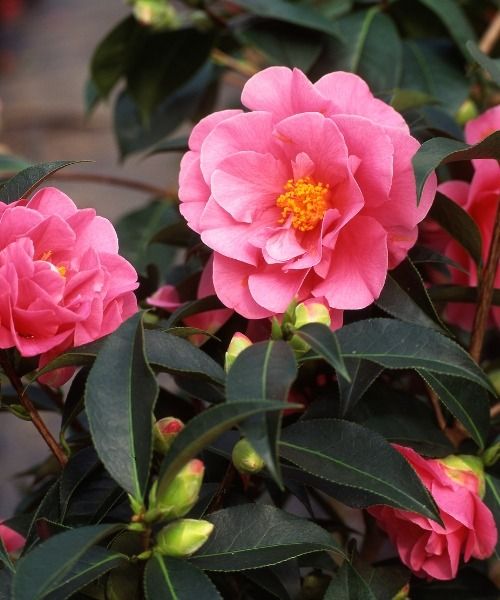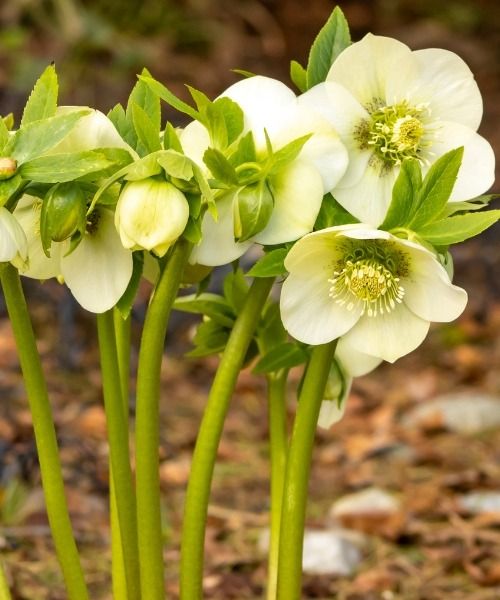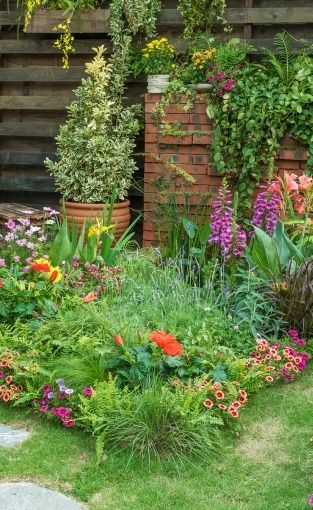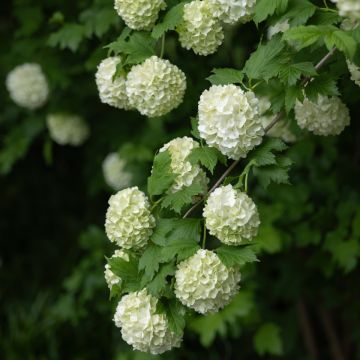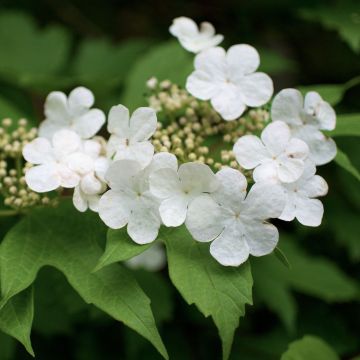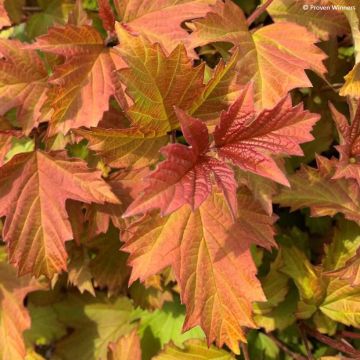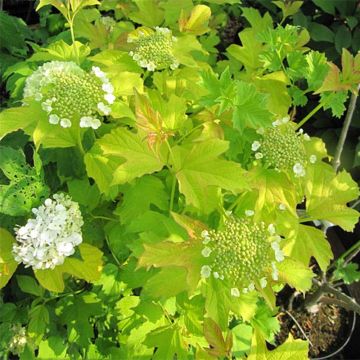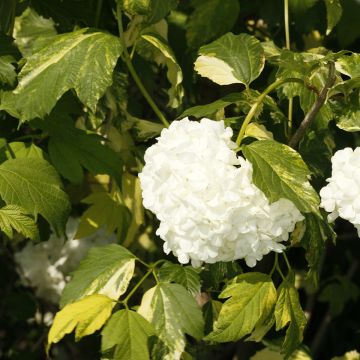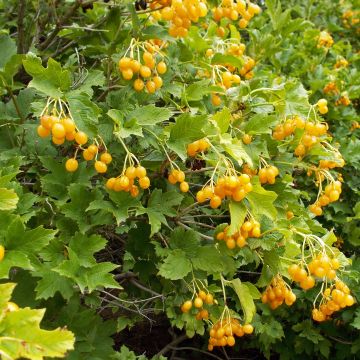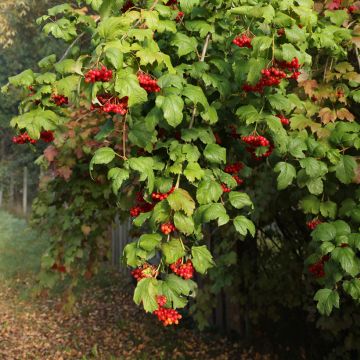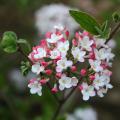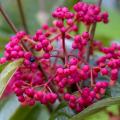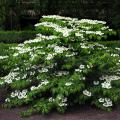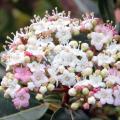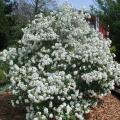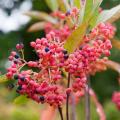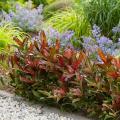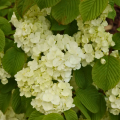Cranberry bush - Viburnum Opulus
Does this plant fit my garden? Set up your Plantfit profile →
Available in 4 sizes
Available in 3 sizes
Available in 3 sizes
Available in 1 sizes
Available in 1 sizes
Available in 1 sizes
Available in 1 sizes
Available in 1 sizes
The Viburnum opulus are better known as the Guelder Rose, but also as the famous "Snowball Tree". They are deciduous hardy bushes, appreciated for their white to pink flowering, from spring to summer, their autumn foliage, as well as for their decorative fruits, ranging from bright red to yellow. The Guelder Rose, Viburnum opulus is a vigorous bush with a rounded habit, reaching approximately 3.50m (11ft) in height and 3m (10ft) in width, whose leaves turn a beautiful red to purple shade in autumn. It produces white flowers in May-June, gathered in large flat umbels, which are attractive to bees. At the end of the season, the bush bears clusters of bright red berries that are appreciated by birds. Its 'Compactum' variety, which is slightly less bulky, is more suitable for small gardens. The Viburnum opulus 'Xanthocarpum' is a Guelder Rose distinguished by its yellow fruits and smaller dimensions (2m (7ft) in all directions). The famous Snowball Tree (Viburnum opulus 'Roseum'), planted in gardens since the 16th century, needs no introduction. This charming large bush with its beautiful flowering that gracefully bends the vegetation in May-June. Its inflorescences in the form of white balls, sometimes tinged with a pink shade, have made the success of this unpretentious plant. The Guelder Rose will accompany the shrubs that take on beautiful autumnal shades beautifully, such as spindle trees, maples, and dogwoods.
The Viburnum opulus, in all its forms, is an excellent free or flowering hedge bush, in slightly moist and clayey soil.
Haven't found what you were looking for?






























